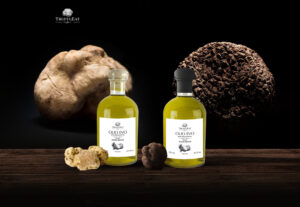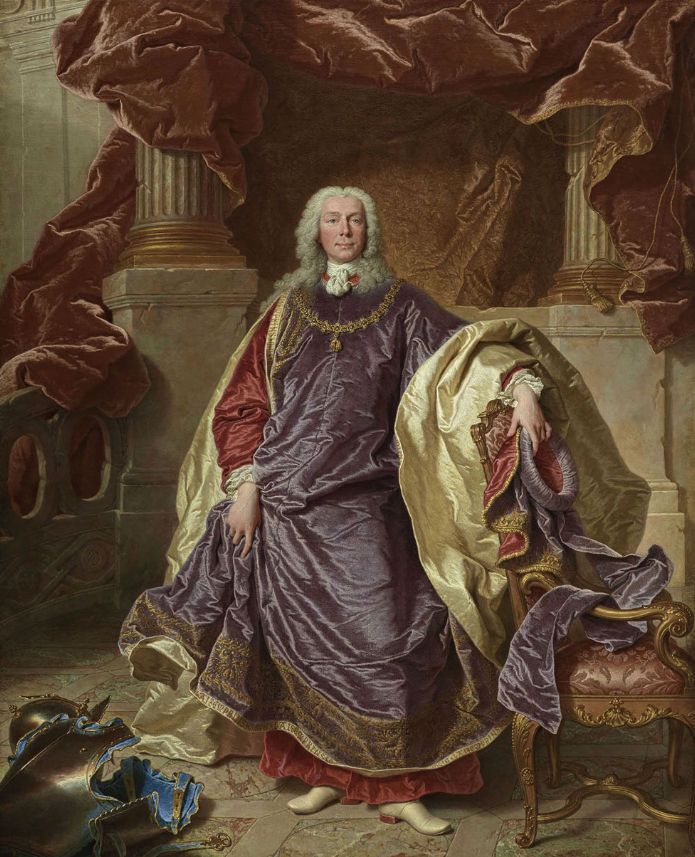
Life behind the high walls of royal residences has always captured the imagination, but now, with the latest exhibition at the Hong Kong Palace Museum that showcases the lives and art collecting habits of the Princely House of Liechtenstein, we need wonder no more.
Our interest in the Palace Museum – in Hong Kong or Beijing – stems from a desire to know how our emperors and empresses lived in the past and the glories of court life. Of course, all of this is captured in the treasure troves they left behind, which have been painstakingly guarded and cared for in the centuries since.
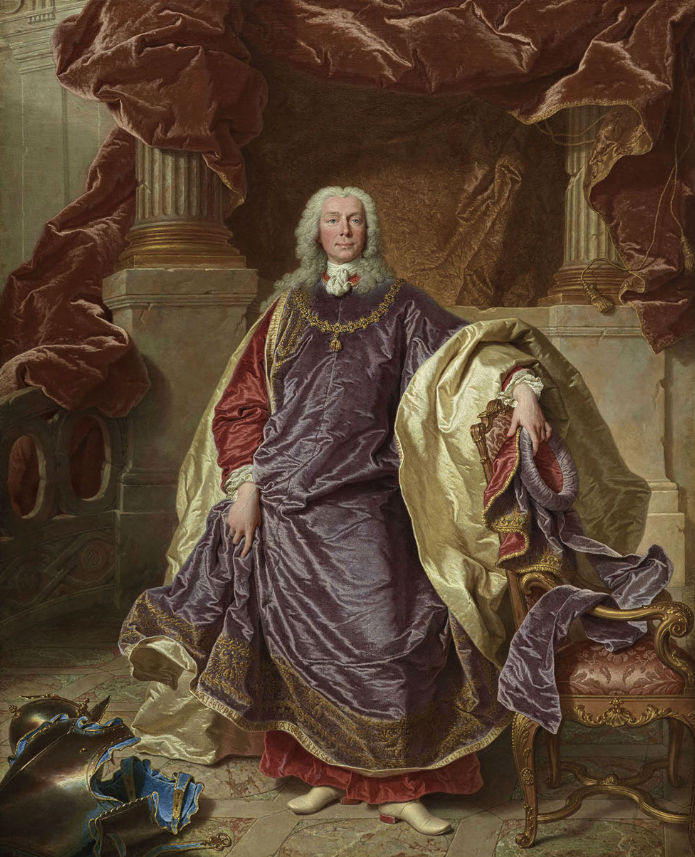
Now, the Hong Kong Palace Museum is inviting us to glimpse into the royal lives of another country. One of the oldest lineages in Europe, the House of Liechtenstein has been vested with hereditary princedoms since the early 17th century. Until February, visitors to the museum will be able to catch the special exhibition Odysseys of Art: Masterpieces Collected by the Princes of Liechtenstein, whose principal sponsor is LGT Private Banking, on display in Gallery 8.
This exhibition marks the museum’s first major special exhibition from overseas since its opening, and is also the first to feature masterpieces from Europe. Co-curated by expert teams from both the Hong Kong Palace Museum as well as the Liechtenstein Princely Collections, the special showcase offers a unique and fascinating insight on the Liechtenstein Princely Family’s long history of art collecting. Special displays at the exhibition also shed light on the important exchanges between China and Europe in art and architecture throughout the centuries, a mission that also reinforces Hong Kong’s global position as a centre for cultural exchange.
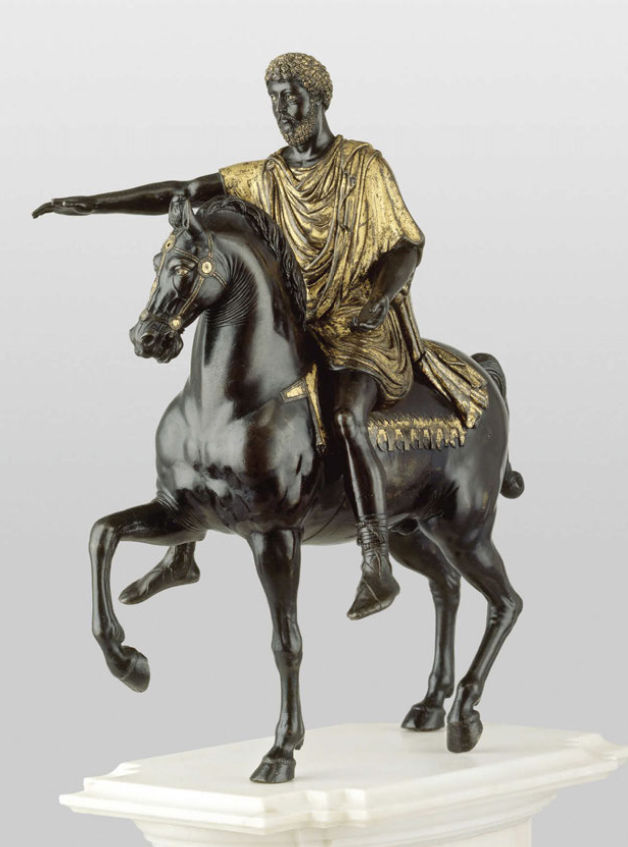
Comprising 124 exhibits selected from more than 30,000 pieces in the Princely Collections, the gallery is divided into eight distinct sections, which together recount the history of the family’s art collection. The introduction focuses on the neo-classical palace on Vienna’s Herrengasse, and how the property was expanded and renovated according to prevailing trends of the times. The first five sections serve as a chronological focus on the collecting tastes and tendencies of five princes. Section 1 charts the beginning of a systematic collection with the first member of the family to become Prince, Karl I von Liechtenstein (1569-1627), who cultivated close relationships with several artists and commissioned works from them.
Section 2 concentrates on Prince Johann Adam Andreas I (1657- 1712), who not only acquired many important works, but also commissioned important architectural projects. Beyond amassing the largest private collections of works by Peter Paul Rubens and Anthony Van Dyck, he also built the City Palace, which served as his principal residence and a gallery for his family’s collections.
Section 3, which focuses on Prince Joseph Wenzel I (1696-1772), portrays the leader in the time of the Polish War of Succession, and documents the many diplomatic gifts he exchanged with other royals, as well as artists he encountered during diplomatic missions. Section 4 details Prince Alois II (1796-1858)’s architectural pursuits – he re-modelled the City Palace in neo-Rococo style – as well as the many Biedermeier-style portraits he commissioned of himself and his family.
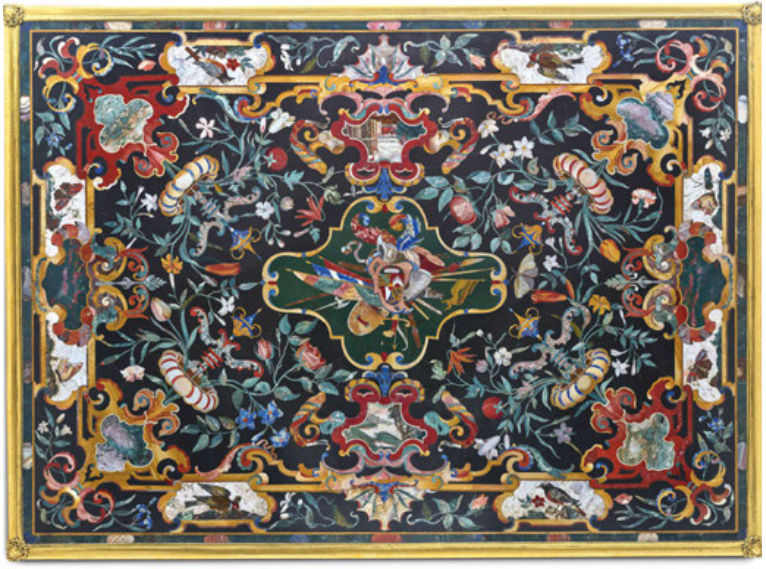
The last monarch to be individually featured is the current Reigning Prince Hans-Adam II von und zu Liechtenstein, who since 1970 has dedicated considerable effort to reorganising and recovering his family’s finances, which enabled him to reacquire many works that had been sold in the years following World War II. A deeply passionate art collector like his forefathers, Prince Hans-Adam II has also continued to acquire important works to further enrich his family’s collections. He has also made the Princely Family’s art collection accessible through opening up parts of two of his palaces to the public. Today, the Princely Family’s art holdings rank among the leading private collections in the world.
Section 6 of the exhibition explore the architectural gardens of the Princely House of Liechtenstein, detailing the construction of magnificent edifices, gardens and parks, from the early 17th century to their current form that date to the turn of the 18th and 19th centuries. Lastly, Section 7 is devoted to preservation efforts of the more than 30,000 pieces, as well as restoration work on the family’s palaces.
Odysseys of Art: Masterpieces Collected by the Princes of Liechtenstein is on show at the Hong Kong Palace Museum until February 20.

